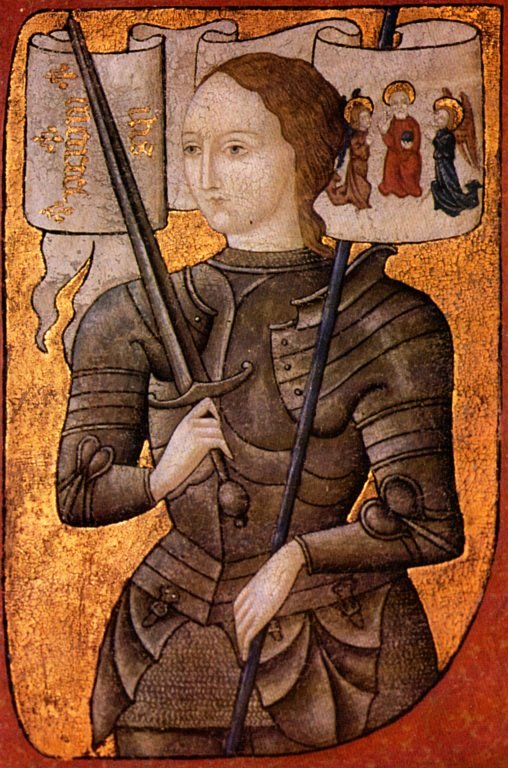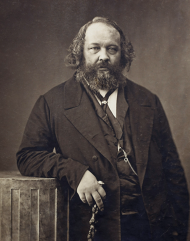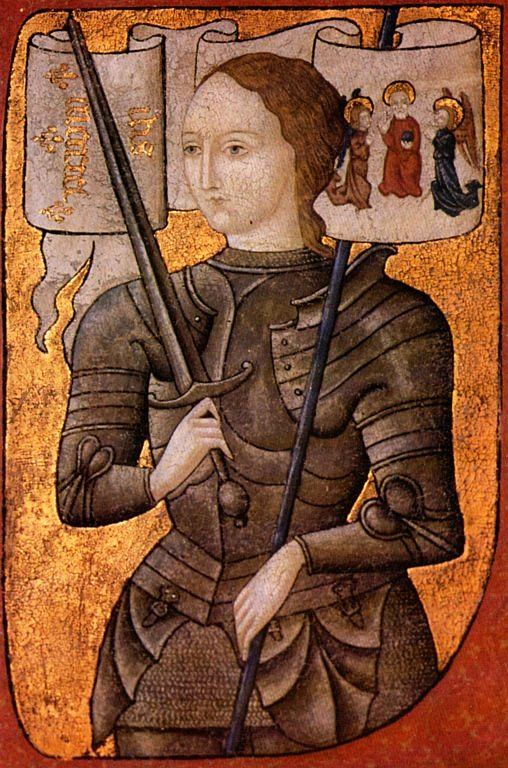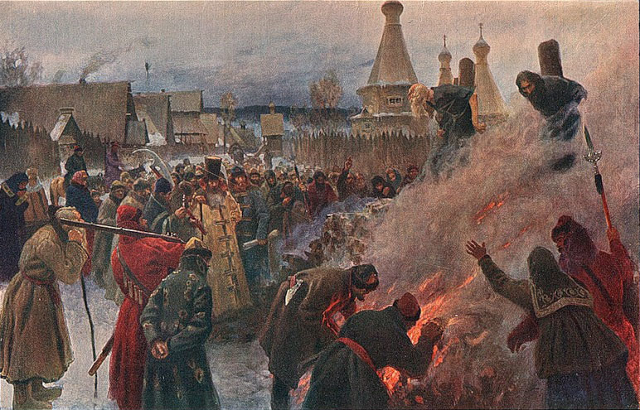No Event Found.

Mon, May 30 1431
Hundred Years' War: in Rouen, France, the 19-year-old Joan of Arc is burned at the stake by an English-dominated tribunal.
The trial for heresy was politically motivated. The tribunal was composed entirely of pro-English and Burgundian clerics, and overseen by English commanders including the Duke of Bedford and Earl of Warwick.
Legal proceedings commenced on 9 January 1431 at Rouen, the seat of the English occupation government. The procedure was illegal on a number of points, which would later provoke scathing criticism of the tribunal by the chief inquisitor who investigated the trial after the war.
To summarize some major problems: Under ecclesiastical law, Bishop Cauchon lacked jurisdiction over the case. Cauchon owed his appointment to his partisan support of the English government which financed the trial. The low standard of evidence used in the trial also violated inquisitorial rules. Clerical notary Nicolas Bailly, who was commissioned to collect testimony against Joan, could find no adverse evidence. Without such evidence the court lacked grounds to initiate a trial. Opening a trial anyway, the court also violated ecclesiastical law by denying her the right to a legal adviser. Worse, stacking the tribunal entirely with pro-English clergy violated the medieval Church's requirement that heresy trials needed to be judged by an impartial or balanced group of clerics. Upon the opening of the first public examination Joan complained that those present were all partisans against her and asked for "ecclesiastics of the French side" to be invited in order to provide balance. This request was denied.
The Vice-Inquisitor of Northern France (Jean Lemaitre) objected to the trial at its outset, and several eyewitnesses later said he was forced to cooperate after the English threatened his life. Some of the other clergy at the trial were also threatened when they refused to cooperate, including a Dominican friar named Isambart de la Pierre. These threats, and the domination of the trial by a secular government, were obvious violations of the Church's rules and undermined the right of the Church to conduct heresy trials without secular interference.
Several court functionaries later testified that important portions of the transcript were altered in her disfavor. Under Inquisitorial guidelines, Joan should have been confined in an ecclesiastical prison under the supervision of female guards (i.e., nuns). Instead, the English kept her in a secular prison guarded by their own soldiers. Bishop Cauchon denied Joan's appeals to the Council of Basel and the Pope, which should have stopped his proceeding.
The twelve articles of accusation which summarize the court's finding contradict the already doctored court record. The illiterate defendant signed an abjuration document she did not understand under threat of immediate execution. The court substituted a different abjuration in the official record.
quote of the day

From each according to his faculties; to each according to his needs.
- Mikhail Bakunin
Video

TIH Social
Please Login first
Successfully added to favourites
Successfully removed from favourites
Sign in to TIH
Don't have an account?
Sign up now!
Did you forget your password?
Recover it here.
Sign up to TIH
Come join the TIH! Let's set up
your account. Already have one?
Sign in here.

 share with friends
share with friends add to favorites
add to favorites







